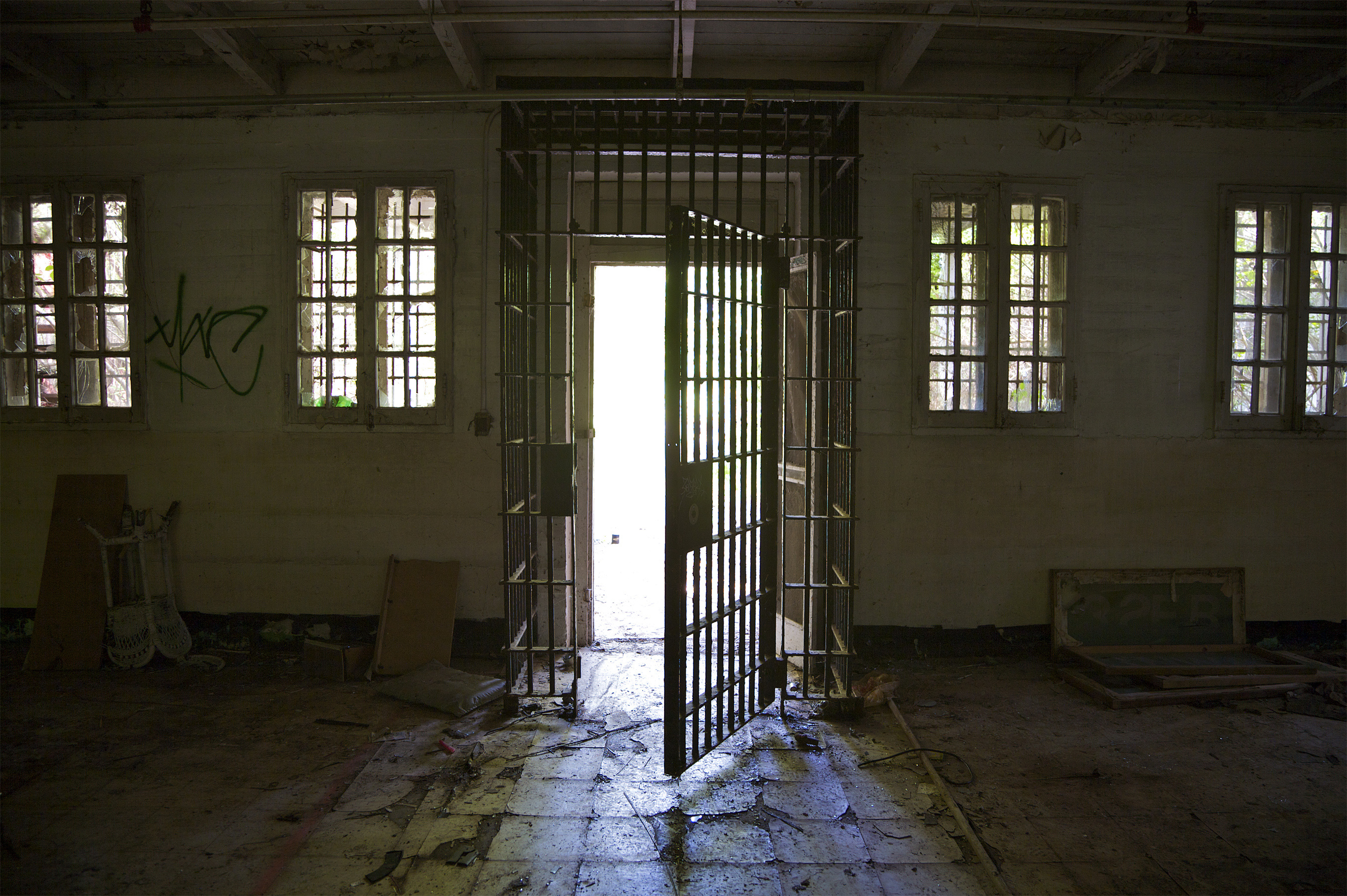The Court of Cassation orders a review in a case of inhuman and degrading detention conditions at Padua prison

Judgement no. 12849 of April 3, 2025, issued by the first criminal section of the Italian Court of Cassation, addresses a very sensitive issue: detention conditions and compliance with Article 3 of the European Convention on Human Rights (ECHR), which prohibits torture and any inhuman or degrading punishment or treatment.
The Court ruled on the case of an inmate at Padua prison who had filed a complaint for “inhuman and degrading detention”, mentioning the small size of the cell, mold on the walls, heating issues and rainwater infiltration.
In October 2023, the complaint and the related compensation request were initially rejected by the supervisor judge of Padua, who found no ground for applying the remedy provided under Article 35-ter of the Penitentiary Act. This provision regulates compensation for prisoners subjected to inhuman or degrading treatment in violation of Article 3 of the ECHR, such as detention in a cell with a usable floor space per inmate that is inferior to 3 square meters.
On June 26, 2024, the Supervisory Court of Florence rejected the complaint as well, arguing that the cells at Padua prison, excluding the bathroom, measured 9.28 square meters, which was considered sufficient to ensure freedom of movement for two inmates. The assessment considered the presence of movable and stackable single beds, which could be rearranged by the inmates to gain additional space. The recognition of dignified detention conditions was also based on the open-regime system, separate sanitary facilities, running water, daily hot showers, heating and educational activities. However, no reference was made to the presence of mold, heating deficiencies or rainwater infiltration.
In the subsequent appeal before the Court of Cassation, the evaluation was different and led to the annulment of the previous ruling. Referring to recent jurisprudence, the Court reaffirmed the need to calculate cell space excluding the area occupied by beds, even if they are not fixed on the floor, as they are furnishings not easily movable, therefore hindering free movement. Excluding the beds, the available space in the cell amounted to 5.90 square meters for two inmates, representing a potential violation of Article 3 of the ECHR. The United Criminal Sections, in judgment no. 6551 of February 19, 2021, had previously ruled that bunk beds or single beds fixed to the floor must be excluded from the calculation. However, this rule does not prevent the exclusion of non-fixed single beds if they effectively obstruct movement and reduce usable space.
The case was remanded to the Supervisory Court of Venice for a new judgement.
This ruling strengthens the protection of fundamental rights of prisoners, clarifying that the actual and not theoretical usable space must be considered and reiterating the importance of freedom of movement in assessing the dignity of detention. This case is part of a broader issue concerning prison overcrowding and related human rights violations in the Italian penitentiary system.

